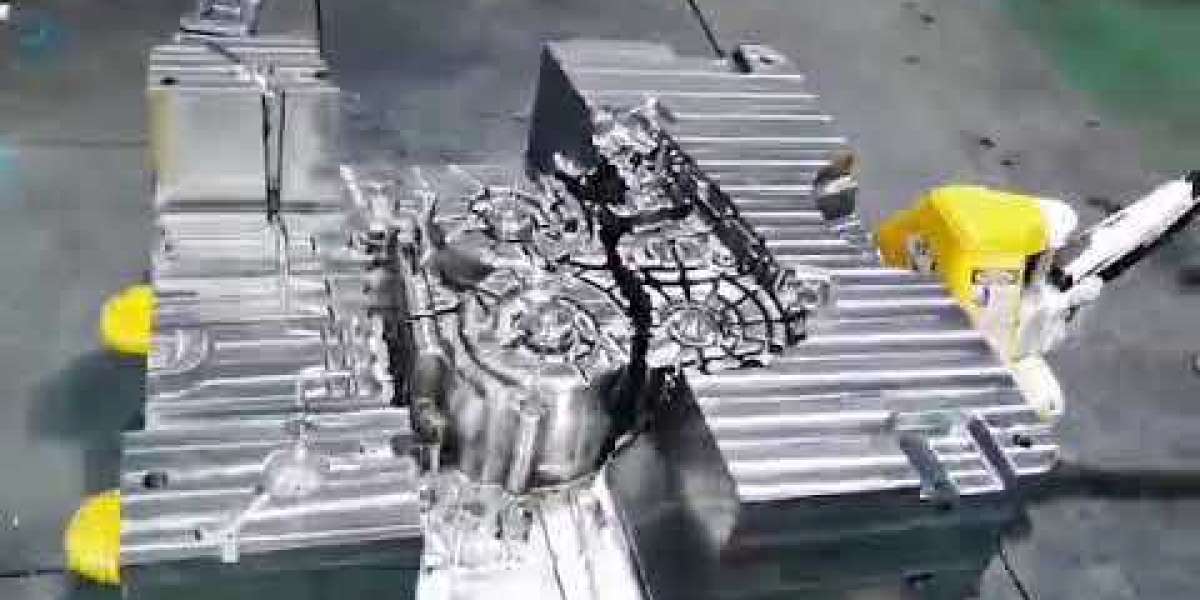Specific to magnesium alloy die casting, this section will cover the characteristics of magnesium alloy die casting as well as the effect that temperature has on magnesium alloy die casting.
90 grams per cubic centimeter, making zinc alloy die casting factory the lightest metal structural material currently available on the market. Beyond its superior machining performance, zinc alloy die casting is also simple to process and has a low processing cost, requiring only 70% of the energy consumed by aluminum alloy during the manufacturing process, making alloy die casting company a viable alternative to aluminum alloy in many applications. Apart from having low melting energy consumption and rapid mold filling and solidification speeds, the magnesium alloy has a short actual die-casting cycle as well as a long service life for the die in which zinc alloy die casting supplier is cast.
This was the first time this had been demonstrated. AZ91D die-casting magnesium alloy has a high tensile strength and hardness, so the molding temperature of the alloy is initially raised, then lowered before being raised again. The tensile strength curve shifts more quickly and violently than the hardness curve at temperatures above 200 degrees Celsius, which is consistent with previous research.
Due to the impact on cooling speed, zinc alloy die casting supplier is critical to maintain proper temperature control in the mold. The ability to quickly and easily create a cold barrier between the mold filling and solidification feeding processes is another advantage of working in this environment. Following a thorough review of the results of the tests and analyses, Alloy die casting company was discovered that the pouring and mold temperatures have the greatest influence on the mechanical properties of the AZ91D alloy, with the pouring and mold temperatures having only a minor influence on the mechanical properties of the alloy. After optimizing the die-casting process parameters (injection specific pressure 70MPa, injection speed 3.0m/s, mold temperature 200 °C, and pouring temperature 685 °C), the AZ91D alloy demonstrates consistently good mechanical properties. In addition to having 263 MPa yield strength and 225% of its yield strength, the AZ91D alloy has other mechanical properties that are useful in die-casting applications.
The appropriate pouring temperature for die-casting magnesium alloy AZ91D is 685 degrees Celsius, and the appropriate mold temperature is 200 degrees Celsius, provided that the metallurgical quality of the magnesium alloy is strictly controlled and that all other conditions are satisfied.








